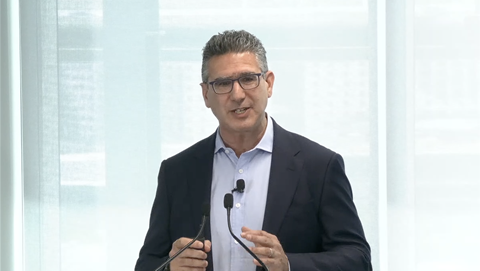Australian consumers were least likely to forgo life's essentials to pay off a mobile phone bill, preferring instead to sit on it until next day pay, according to new research [PDF].
Thinktank the Australia Institute conducted an online survey of almost 1,200 people last month that sought to analyse the way they made financial decisions.
The research performed several "experiments", including one that asked "how people would respond if faced with the choice between a final notice for one of their bills or going without other essentials if they had exhausted all the credit on their credit cards".
Respondents indicated they would most likely sacrifice essentials to pay their rent or mortgage (89 percent), credit cards (80 percent) and electricity bills (69 percent).
But only 61 percent of respondents said they would do the same to pay off their mobile bills. That meant 39 percent were willing to let their mobile bills slide until the next pay cycle.
In a second "experiment", the researchers noted that 20 percent of respondents would "definitely" take action to save $5 a week on their mobile phone bills.
Respondents were most willing to swap banks or utilities to save $5 a week. They were least likely to use another supermarket to save $5 a week on groceries.
However, the researchers noted that despite a willingness to change, the number of consumers who actually took action was generally much lower.
Plenty "oblivious"
The study attempted to categorise Australia's population by financial behaviour and extrapolate percentage estimates from the survey results.
It said 41 percent of Australia's population was "oblivious" – unconcerned or unaware about how they could get a better deal on things like their phone plan – while another 18 percent were "overwhelmed" when it came to their finances and "getting good value out of items such as their mobile phone plan".
The study also showed that one in three Australian consumers were paying high interest rates on "essential" bills – such as internet, home and mobile phones - by putting them on a credit card and not paying them off at the end of the month.



_(36).jpg&h=140&w=231&c=1&s=0)
_(33).jpg&h=140&w=231&c=1&s=0)
.png&h=140&w=231&c=1&s=0)





 iTnews Executive Retreat - Security Leaders Edition
iTnews Executive Retreat - Security Leaders Edition
 iTnews Cloud Covered Breakfast Summit
iTnews Cloud Covered Breakfast Summit
 The 2026 iAwards
The 2026 iAwards












_(1).jpg&h=140&w=231&c=1&s=0)



